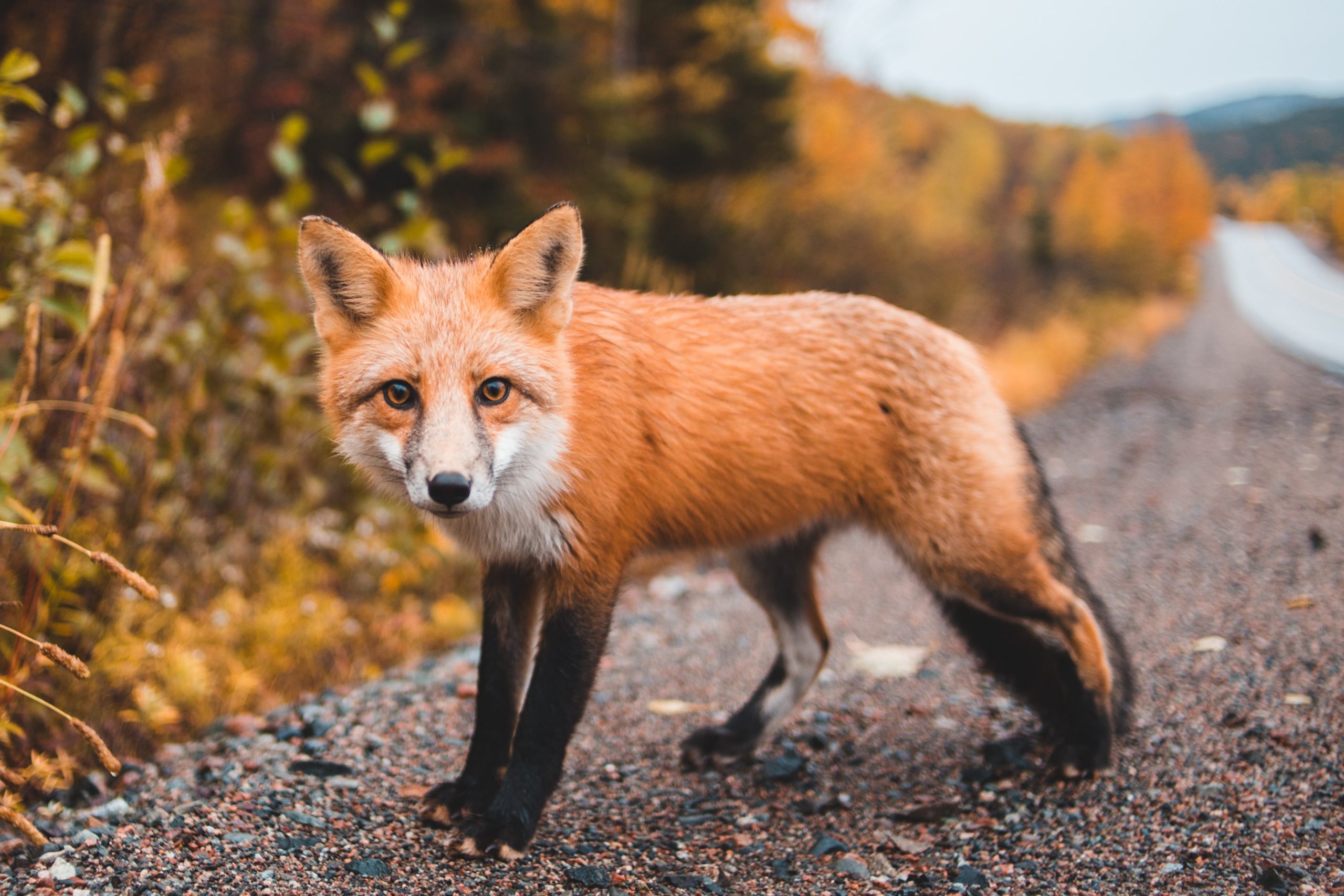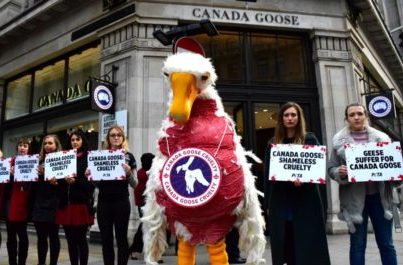Massachusetts Rep. Jack Patrick Lewis, D-Framingham, and Sen. John Velis, D- Westfield, just introduced HD 1592 and SD 1029, bills to prohibit the sale of new fur products throughout Massachusetts.
Every year, more than 100 million undomesticated animals like foxes, raccoon dogs and mink are confined in small wire cages and then subjected to cruel killing methods that are not regulated by federal humane slaughter laws. Gassing minks and anal or genital electrocution of foxes and raccoon dogs are the most common methods of killing. Investigations have documented animals being bludgeoned to death and skinned while still alive.
In 2020, mink on hundreds of fur farms in 11 countries, including in the United States, tested positive for the novel coronavirus. The U.S. farms are located in Michigan, Oregon, Utah and Wisconsin. Research now shows that infected mink can spread SARS-CoV-2 to humans and are the only known animal-to-human transmission risk outside of the original, still unknown source. Infected mink fur farms have also spread to wild mink populations in Oregon and Utah. Because of this, Denmark and Sweden have stalled production of mink farming. France and the Netherlands are ending fur production.
“Massachusetts is a world leader in animal welfare,” said Rep. Lewis. “Given the overwhelming evidence of inhumane practices in the fur industry, the risks fur production has to our public health and the availability of so many different options for warm and fashionable fabrics, we will not continue to be complicit in unnecessary cruelty.”
“The excruciating process these animals go through for their fur is utterly disturbing and must be ended,” said Sen. Velis. “Due to the work of so many great advocacy organizations, more and more people have begun to learn of this cruel practice and what it entails. Public sentiment against the fur industry has been growing for years, and this bill is an important next step for Massachusetts.”
“The fur industry’s days are clearly numbered. One just needs to look at cities like Wellesley and Los Angeles banning fur sales, major brands dropping fur, and top fur-producing countries like Norway and the Netherlands outlawing fur farming. The writing is on the wall and it couldn’t be any clearer,” said Laura Hagen, Massachusetts state director for the Humane Society of the United States. “We applaud Representative Lewis and Senator Velis for their leadership and commitment to a fur-free future and look forward to Massachusetts embracing innovation and cruelty-free fashion with a ban on fur sales.”
“Massachusetts residents have demonstrated over and over again that they care how wildlife is treated by supporting policies and laws to protect them,” said Kara Holmquist, MSPCA director of advocacy. “Fur farming and trapping simply cannot continue as a means to create clothing and accessories at a time when so many humane alternatives exist.”
“Millions of animals who are farmed for their fur endure severe abuse for an industry that is unnecessary,” said Stephanie Harris, senior legislative affairs manager at the Animal Legal Defense Fund. “Increasing awareness of the animal cruelty, environmental hazards, public health risks, and high-quality alternative products is driving support for fur-free policies and legislation, like the bills filed by Senator Velis and Representative Lewis.”
“Fur sale bans complement the growing number of fur farming bans across the world as the surest way to end as quickly as possible the suffering of animals exploited by the fur industry,” said Liza Oliver, founder of Fur Free Massachusetts. “This legislation puts Massachusetts at the forefront of ending archaic and brutal practices toward fur animals.”
The town of Wellesley voted to end fur sales in 2020, and other Massachusetts localities are considering following suit. California became the first state to ban furs in 2019 following similar bans in Los Angeles, San Francisco, West Hollywood and Berkeley. More than a dozen European countries have full or partial bans on fur farming. In addition, many major fashion houses and retailers have decided to end fur sales including Framingham-based TJ Maxx, Bloomingdales, Macy’s, Nordstrom, Gucci, Versace, Coach and Burberry.
SD 1029 and HD 1592 would make it unlawful to sell, offer for sale, display for sale, trade, donate or otherwise distribute a fur product in the state. The bill exempts leather, cowhide, and shearling, as well as previously owned fur products. The prohibition would apply only to the sale of products including, but not limited to, clothing and fashion accessories like handbags, shoes, slippers, hats or key chains, that contain fur.
SD 1029 and HD 1592 would make Massachusetts the first state on the East Coast to outlaw the sale of fur products.
Via Kitty Block’s A Humane World. Read the award-winning All Animals magazine. Listen to the Humane Voices Podcast. The Humane Society of the United States fights the big fights to end suffering for all animals. Together with millions of supporters, we take on puppy mills, factory farms, trophy hunts, animal testing and other cruel industries. With our affiliates, we rescue and care for thousands of animals every year through our animal rescue team’s work and other hands-on animal care services. We fight all forms of animal cruelty to achieve the vision behind our name: a humane society.
Photo by Erik Mclean on Unsplash



